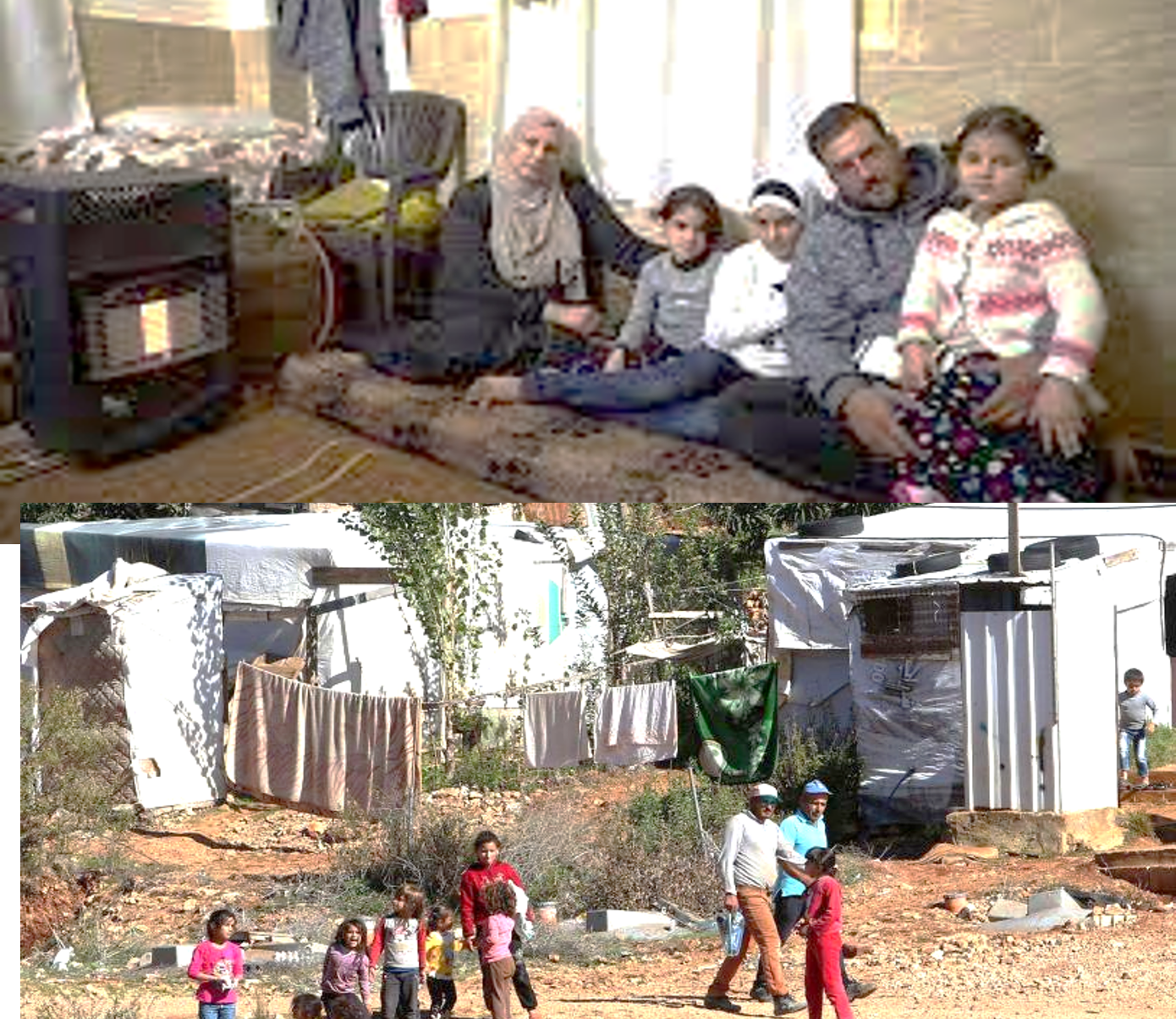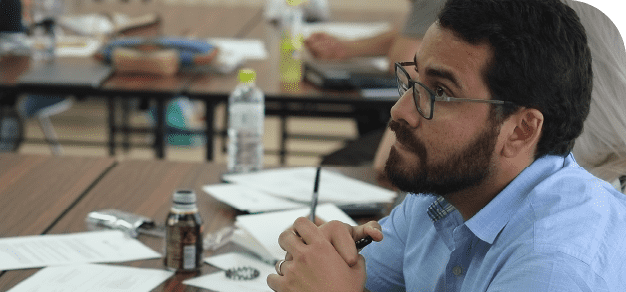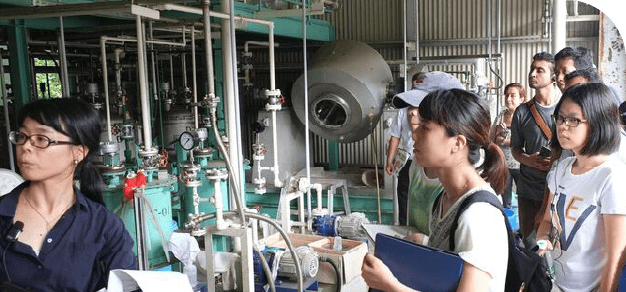GRM Students’ Reports
GRM Program Completion Report
Graduate School of Global Studies Marwa AHMAD
2021/07/19
In 2015, I was accepted as a master’s and a doctoral student (provided that I pass the screening for each in due course) at Doshisha University, in the department of Global Society Studies. I received a scholarship starting the 2nd year of my MA program and soon I will be defending my doctoral dissertation in the Fall semester of this year.
As part of the program that I registered in, is the Advanced Doctoral Program for Leading Graduate Schools in Global Research Management (GRM). The mandate of this program is to “produce interdisciplinary leaders” knowledgeable simultaneously in a spectrum of Social Sciences and Applied Sciences disciplines. During a course of 5 years, I took engineering courses that challenged me, ranging from: infrastructure, electricity, water management, and solar power—fundamental building blocks to the field of Applied sciences where women are highly under-represented in both academia and the workforce.
To name a few of the 8 core courses I took during 5 years as a GRM student, I took: Environmental and Planetary science, Recent Trends in Infrastructure Engineering, Advanced Science and Technology, Inclusive Innovation for Sustainable Development, and Statistics, among others. Although these courses are not related directly to the scope of my expertise, the material offered by Doshisha’s inspiring cohort have taught me a lot and being exposed to both the courses and the faculty members have ultimately encouraged me to even apply to a STEM program (Science, Technology, Engineering, & Math) at San Francisco State University. Something, I doubt I would have had the courage to approach had I been student of a regular graduate MA/PhD program.
In addition to amassing knowledge in different fields that the program exposed me to, the experiences I faced challenged me to further enhance my natural born leadership and self-development motivation to acquire new skills and look for data in fields that I had little knowledge about. To the point that my colleagues have gradually recognized in me my energy, drive and high standards, which allowed us to enjoy numerous collaborations on projects and challenging final reports that were ultimately selected for publishing on the GRM page and the program’s newsletter on multiple occasions.
Moreover, my scholarly focus has always been inclined to the advancement of vulnerable groups in society, which reflects in the targeted sample group that I decided to focus on being the young Syrian refugees living in Lebanon. However, my exposure to GRM even influenced the topic of my doctoral research; investigating how these young refugees use their mobile phone as a tool that encourages them to become agents of their own life. In other words, combining the teaching of the GRM program and the discipline of social science. The result of which culminated in countless reading hours and deliberations to not only develop a sound understanding of the community’s needs, but what could also alleviate their persistent feeling of insecurity from a technological point of view. Hence, during my studies I conducted in-depth hybrid research exploring the strength of this vulnerable community, and pondered heavily of the technological tools that were available to them that could be, theoretically speaking, contributing to restoring back the dignity that they had shared being “the biggest price” of their refugeehood.
Finally, I am grateful to Doshisha university, the GRM, the Global society studies cluster and all respective faculty members and staff for the exciting academic journey that they have been part of and will remain in my memory and professional endeavor all my life.





